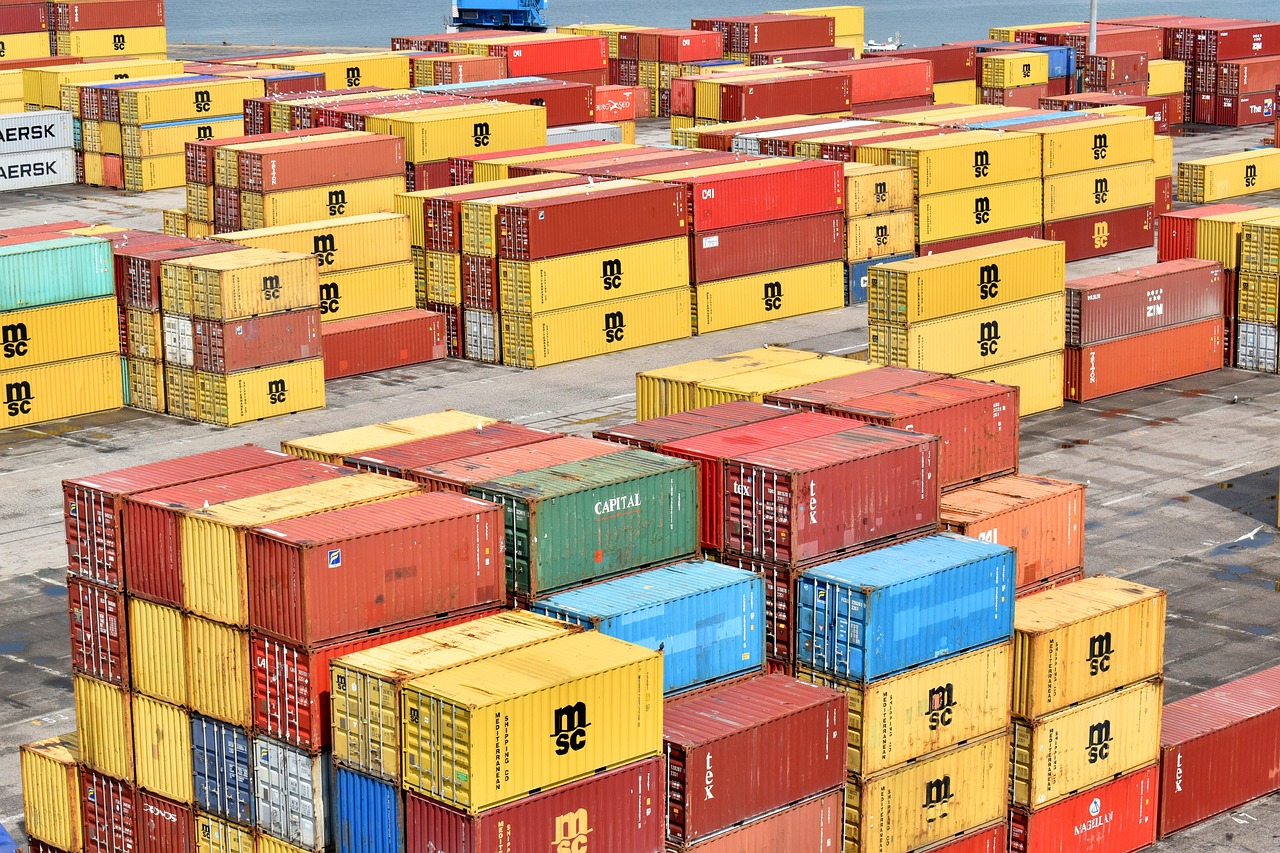
In the realm of international logistics, especially for companies exporting goods from Guangzhou to bustling markets such as Dubai and Saudi Arabia, as well as along the Middle East and Red Sea routes, understanding the nuances between LCL shipping service and FCL shipping service is crucial. Both modes of transport offer distinct advantages and challenges, tailored to the diverse needs of exporters. This blog aims to elucidate these differences and provide guidance on how to choose the most suitable option for your business, with a special focus on the services offered by Winsail Logistics, a leading international freight forwarder operating at the forefront of global logistics.
I. Introduction to LCL and FCL Shipping Services
LCL (Less than Container Load) Shipping Service refers to the transportation of goods that do not fill an entire shipping container. Instead, multiple shippers' cargoes are consolidated into a single container, with each shipper paying for the space they occupy. This method is particularly advantageous for small to medium-sized enterprises (SMEs) exporting smaller quantities of goods, as it allows them to share container costs and minimize initial investment.
FCL (Full Container Load) Shipping Service, on the other hand, involves the rental of an entire shipping container by a single shipper. This is ideal for larger shipments or when a shipper requires exclusive use of a container for security, privacy, or to maintain product integrity during transit. FCL shipping is generally more cost-effective per unit of cargo when dealing with substantial volumes, as it eliminates the need for consolidation and deconsolidation processes, which can be time-consuming and potentially risky for cargo handling.
II. Key Differences Between LCL and FCL Shipping Services
- Cost Structure:
- LCL Shipping Service: Costs are calculated based on the volume of cargo, with additional charges for handling, documentation, and potential storage fees. While LCL offers flexibility for smaller shipments, the per-unit cost can be higher compared to FCL when shipping larger quantities.
- FCL Shipping Service: Costs are typically fixed per container, regardless of the cargo volume within certain limits. This makes FCL more economical for larger shipments, as the cost per unit decreases with increased volume.
- Transit Time:
- LCL Shipping Service: Due to the need for consolidation and deconsolidation at ports of origin and destination, LCL shipments may experience longer transit times compared to FCL. This is especially true for routes with limited direct services, such as those from Guangzhou to Dubai or Saudi Arabia.
- FCL Shipping Service: FCL shipments often enjoy faster transit times, as they bypass the consolidation process and can be loaded directly onto vessels bound for their destination.
- Cargo Safety and Security:
- LCL Shipping Service: While reputable freight forwarders like Winsail Logistics take great care in handling LCL shipments, there is always a slight risk of damage or misplacement due to the multiple handling points involved in consolidation and deconsolidation.
- FCL Shipping Service: FCL offers enhanced security and privacy, as the container remains sealed from the point of loading to unloading, reducing the risk of theft, damage, or contamination.
- Flexibility and Customization:
- LCL Shipping Service: LCL provides greater flexibility for smaller shipments, allowing exporters to adjust their cargo volumes according to market demand without the need for long-term container commitments.
- FCL Shipping Service: While FCL requires a minimum cargo volume, it offers the advantage of customizing the container's interior to suit specific cargo requirements, such as temperature control, special packaging, or security measures.
III. Choosing Between LCL and FCL Shipping Services
When deciding between LCL and FCL shipping services for your international logistics needs, several factors should be considered:
Cargo Volume: The primary determinant in choosing between LCL and FCL is the volume of your cargo. For smaller shipments, LCL offers a cost-effective solution, while FCL becomes more economical as cargo volumes increase.
Transit Time Requirements: If speed is of the essence, FCL may be the preferred option, as it often bypasses the consolidation and deconsolidation processes, leading to faster transit times.
Cargo Safety and Security Needs: For high-value or sensitive cargo, FCL provides enhanced security and privacy, reducing the risk of damage or theft during transit.
Budget Constraints: LCL shipping can be a more budget-friendly option for smaller shipments, especially when considering the initial investment required for FCL. However, it's important to weigh the per-unit cost against the potential savings in handling and documentation fees.
Future Growth Projections: If your business is experiencing rapid growth or anticipates increased cargo volumes in the near future, investing in FCL shipping capabilities may be a strategic move to ensure scalability and cost-efficiency.
IV. Winsail Logistics: Your Trusted Partner in Global Logistics
At Winsail Logistics, we understand the complexities of international shipping and the importance of choosing the right shipping mode for your business needs. As a leading international freight forwarder, we offer comprehensive LCL shipping service and FCL shipping service tailored to the unique requirements of our clients, including those exporting from Guangzhou to Dubai, Saudi Arabia, and along the Middle East and Red Sea routes.
Our experienced team of logistics professionals is dedicated to providing the most cost-effective and reliable solutions, ensuring that your cargo reaches its destination safely and efficiently. Whether you're a small business looking to expand your global footprint or a large corporation seeking to optimize your supply chain, Winsail Logistics is here to support you every step of the way.
For more information on our services or to request a quote, please visit our website at https://www.winsaillogistics.com. Let Winsail Logistics be your trusted partner in global logistics, helping you navigate the complexities of international shipping with ease and confidence.
V. Conclusion
In conclusion, understanding the differences between LCL shipping service and FCL shipping service is essential for exporters seeking to optimize their international logistics strategies. By carefully considering factors such as cargo volume, transit time requirements, cargo safety and security needs, budget constraints, and future growth projections, you can make an informed decision that aligns with your business objectives. With Winsail Logistics as your trusted partner, you can rest assured that your cargo will be handled with the utmost care and professionalism, ensuring a seamless and successful international shipping experience.
-
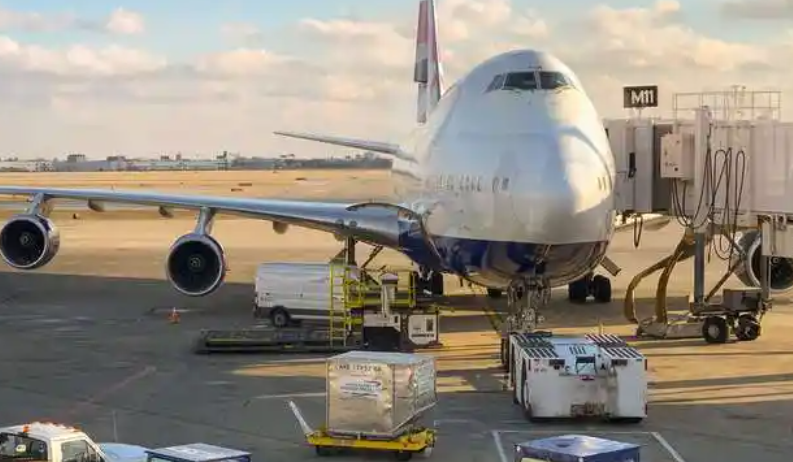 Key Differences in Document Handling & Handover for Consolidated Air FreightJul 16,2025
Key Differences in Document Handling & Handover for Consolidated Air FreightJul 16,2025 -
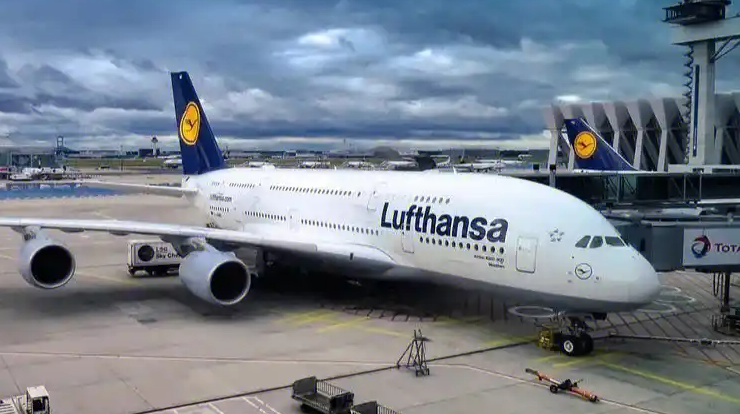 Unveils the Comprehensive Glossary of Air Freight Terms: Decode AWB, ULD, TACT & MoreJul 15,2025
Unveils the Comprehensive Glossary of Air Freight Terms: Decode AWB, ULD, TACT & MoreJul 15,2025 -
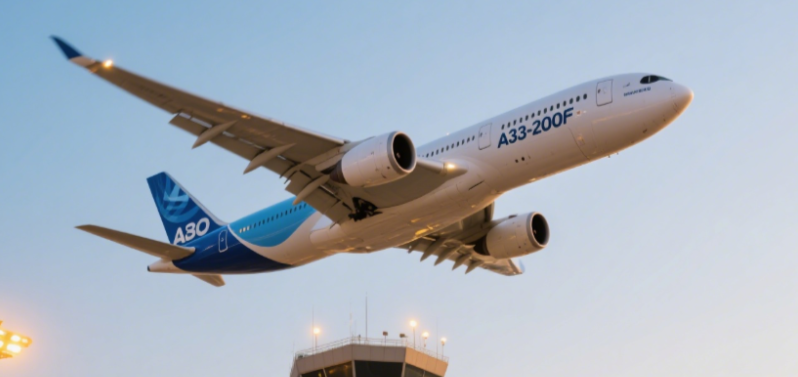 USA DDP By Air vs. International Express: A Comparative Analysis of 3 Core DifferencesJul 15,2025
USA DDP By Air vs. International Express: A Comparative Analysis of 3 Core DifferencesJul 15,2025 -
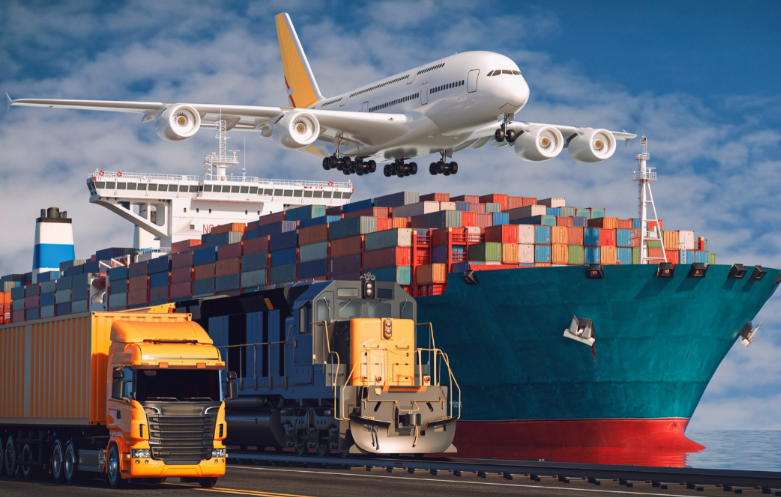 What are the shipping options from China to USA?Jun 24,2025
What are the shipping options from China to USA?Jun 24,2025 -
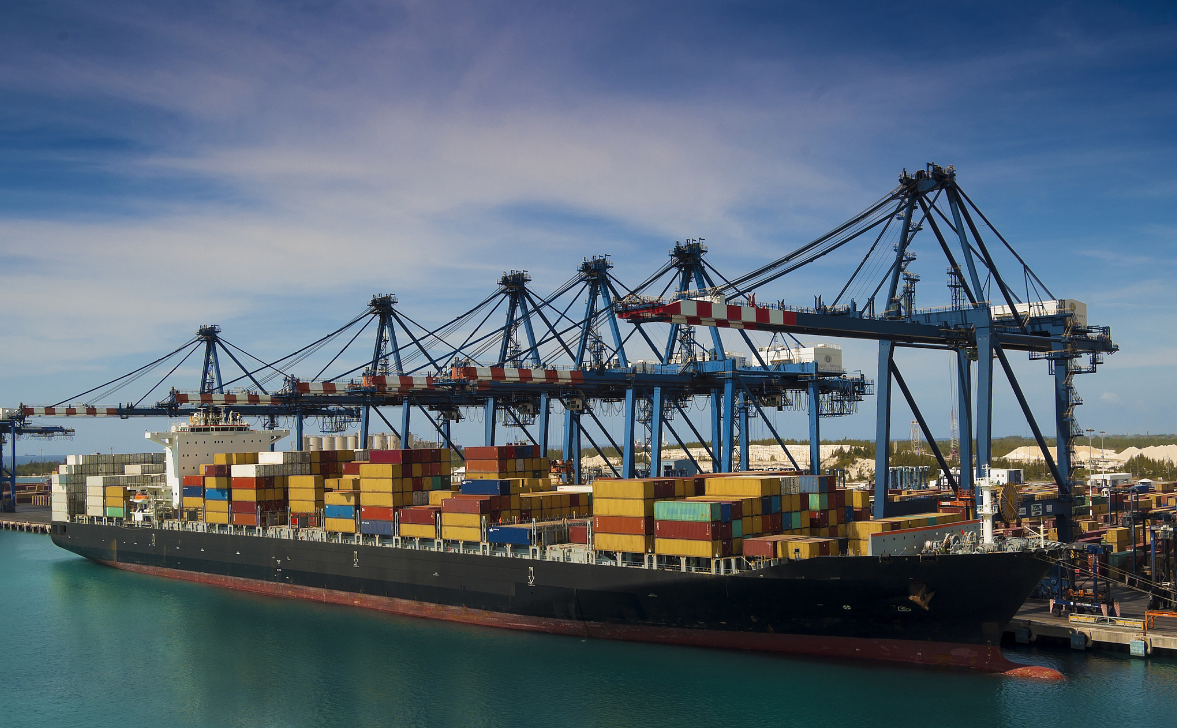 Shipping Costs from China to IsraelJun 23,2025
Shipping Costs from China to IsraelJun 23,2025 -
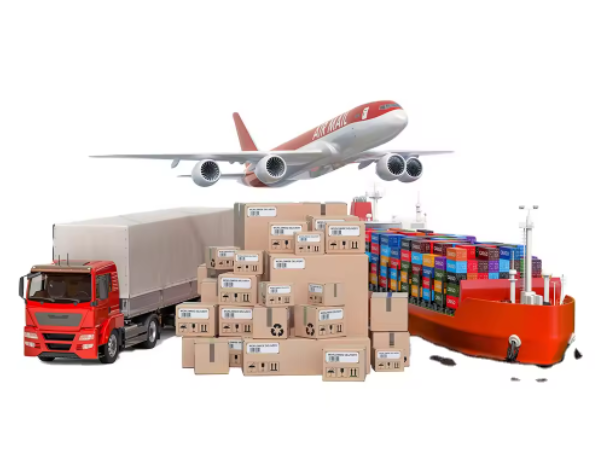 Door to door or DDP shipping from China to Mombasa, KenyaJun 20,2025
Door to door or DDP shipping from China to Mombasa, KenyaJun 20,2025

